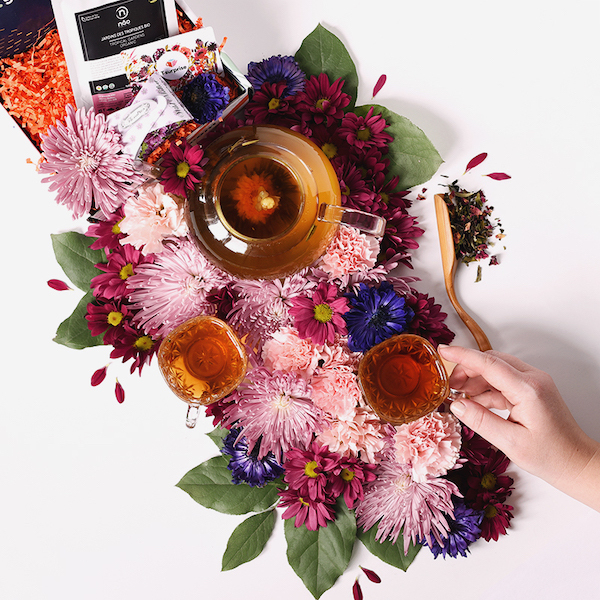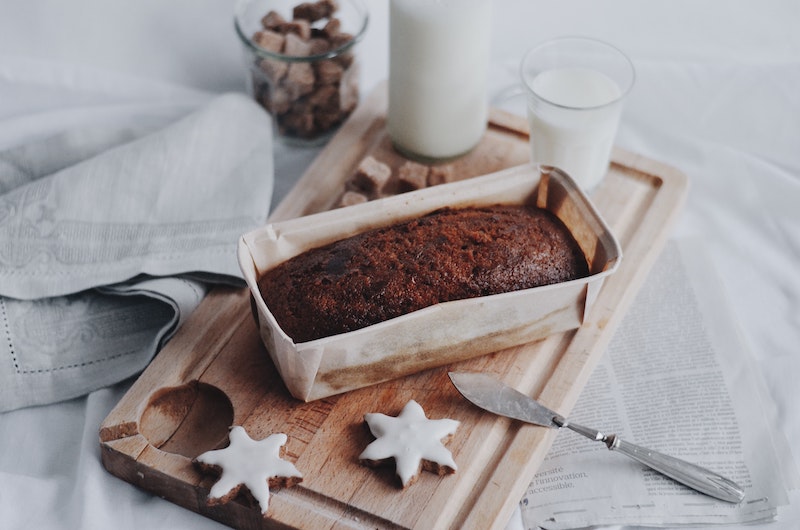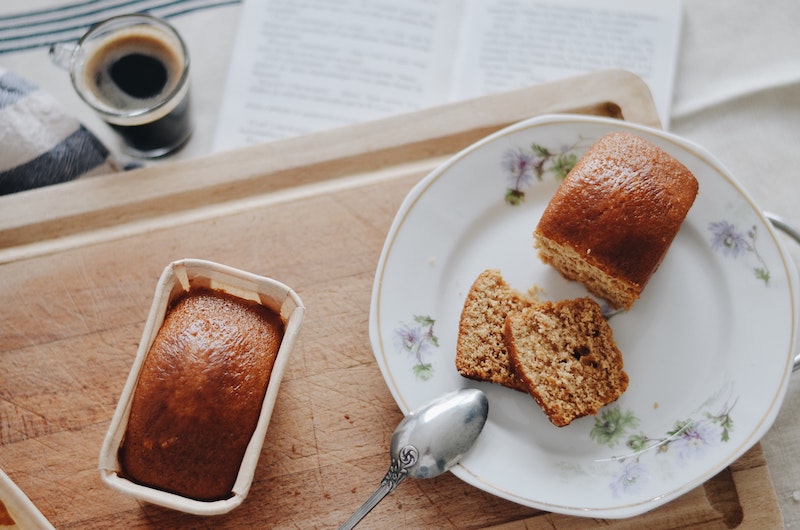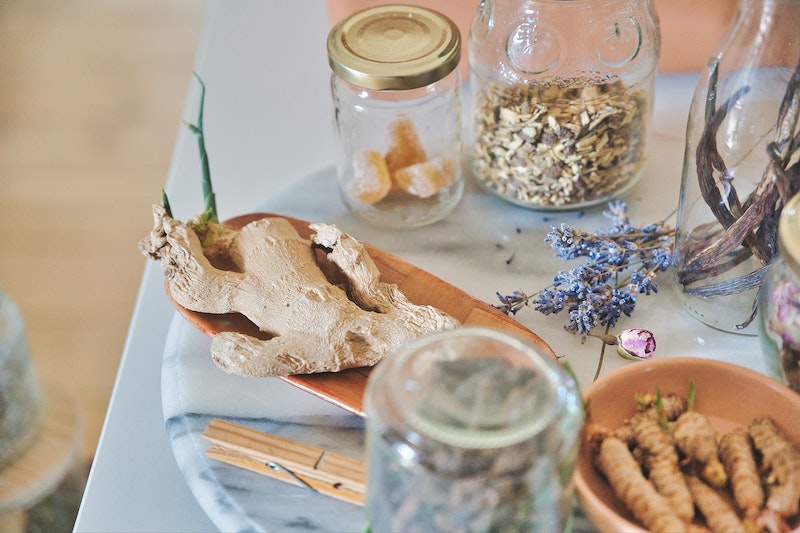Aaaah décembre, ce mois si doux et magique où nos coeurs se remplissent de joie et de douceur. On se prépare à célébrer, en famille, entre amis et partager de beaux moments. Le mois de décembre c’est aussi les premières neiges et froides journées parfaites pour se relaxer et savourer un bon thé! Nous vous proposons de découvrir nos coffrets de Noël.
Les Trésors de Noël
À offrir ou à s’offrir, ne manquez pas notre merveilleux coffret du mois Les Trésors de Noël.
Ce coffret est un voyage de saveurs. Découvrez une sélection de thés et infusions évoquant des moments rares, gourmands et féeriques. Dans ce coffret enchanté, la magie de Noël scintille et ébruite autour d'elle la douce mélodie du partage.
Des saveurs chaudes, épicées, fruitées et raffinées pour le plaisir du palais! Il est grand temps de le découvrir et de vous le procurer.
Acheter le coffret Les Trésors de Noël.
Coffret de Noël
En plus de notre coffret
Les Trésors de Noël, nous vous proposons également un second coffret de Noël. Ce coffret n’est pas relié à un abonnement.
Prenez place dans votre fauteuil et ouvrez le coffret : entendez-vous le Conte de Noël qui s'en échappe ? Découvrez les merveilleuses créations de thés et infusions de Noël, pour que les fêtes de fin d'année soient gourmandes et magiques.
Cette année, nous avons voulu concentrer tout l’esprit festif, généreux et convivial de Noël dans une sélection qui fleure bon la gourmandise simple et traditionnelle, tout en apportant quelques touches audacieuses et résolument contemporaines aux thés et infusions de la sélection, pour que dans votre tasse résonne un grand HO HO HO ! Laissez-vous bercer par les histoires de ce Conte de Noël pas comme les autres, faites chanter la bouilloire et, autour d’une création exclusive de thé, songez à tous les moments de fête qui se profilent.
Ce coffret de Noël est une sélection de 4 variétés de Noël.
Le coffret comprend :
25 dégustations, soit une tasse chaque jour
Une douceur à savourer
Une surprise pour préparer son thé
Ce coffret est un achat à l'unité, aucun abonnement n’est relié.
Acheter le coffret de Noël
Offrez un coffret de Noël qui dure…. 12 mois!
Et si vous cherchez toujours le cadeau idéal pour votre maman, belle maman, soeur, ou cousine, pensez à la carte cadeau! Quoi de mieux que de recevoir une surprise pendant plusieurs mois?
Les coffrets contiennent:
- 30 dégustations, soit une tasse chaque jour
- Des douceurs à savourer
- Des surprises pour préparer son thé
- Acheter une carte cadeau








